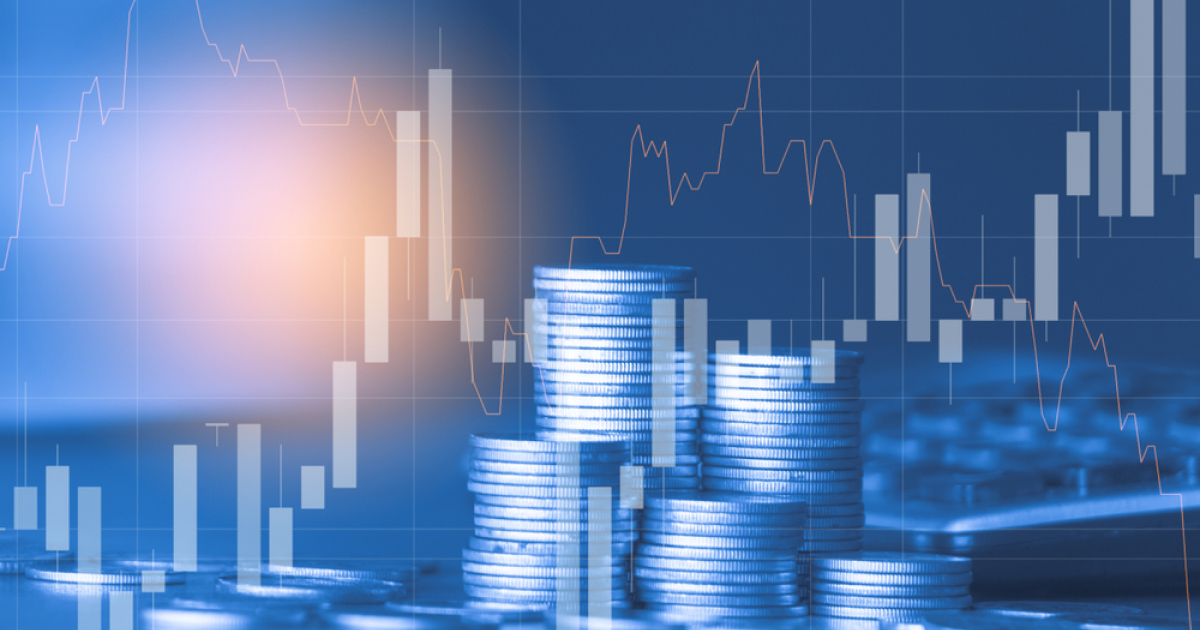
News Global Market Germany 811 08 February 2023
In 2022, the reduction amounted to 0.6% y/y
Industrial production in Germany in December 2022 decreased by 3.1% compared to the previous month. Reuters informs about it with the reference to the country’s Federal Statistical Office (Destatis). According to market forecasts, analysts had pointed to a drop of 0.7% for the month.
In energy-intensive sectors of German industry, production decreased by 6.1% in December last year compared to November and by 19.6% y/y. Accroding to Destatis, production in this sector, with some exceptions, continuously declined throughout 2022.
In 2022, industrial production in the country decreased by 0.6% y/y and by 5.0% compared to pre-pandemic 2019. According to Carsten Brzeski, global head of macro at ING Group, this illustrates how much the energy crisis is hurting industry.
According to Pantheon Macroeconomics consulting company, in the fourth quarter of 2022, industrial production in Germany fell by 0.7%, and in the first quarter of 2023, the indicators are expected to deteriorate.
Meanwhile, amid a fall in the country’s industrial production in December 2022, industrial orders in Germany increased by 3.2% in the period, beating forecasts and recording the biggest increase in more than a year thanks to strong domestic and eurozone demand.
The German Ministry of Economy noted: the slowdown of industry in the winter half-year was expected. However, it is likely to be more moderate in this period. This is clearly indicated by the optimistic assessments of the business in surveys and well-filled portfolios of orders.
As GMK Center reported earlier, in the fourth quarter of 2022, GDP in the Eurozone increased by 0.1% compared to the previous quarter. Annual growth was 1.9%. Previously, analysts expected a decrease in GDP by 0.1% q/q, and growth by 1.8% in annual terms. Among the largest countries of the Eurozone, Germany and Italy registered a decrease in GDP in the fourth quarter. In contrast, France and Spain, according to Eurostat’s flash estimate, which is subject to revision, recorded economic growth.



